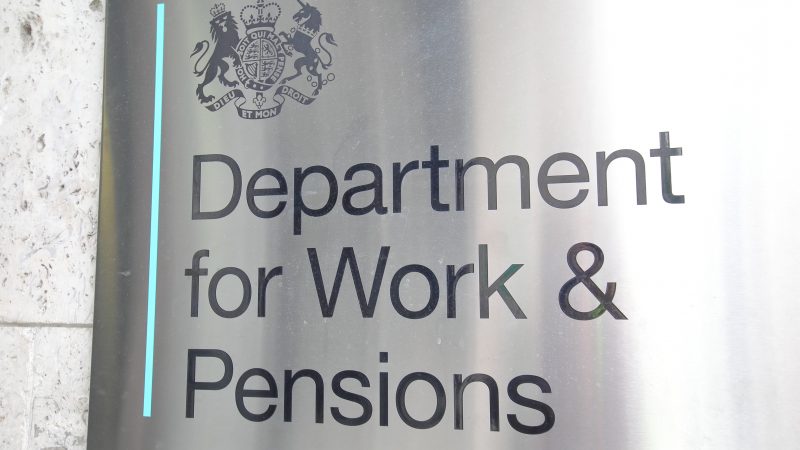
One in three working-age families with children across 413 parliamentary constituencies will be hit by the government’s planned £1,040-a-year cut to Universal Credit and Working Tax Credit on October 6th, a new report has found.
The research, published by the Joseph Rowntree Foundation this morning, found that 191 of the constituencies identified are currently held by the Tories – with 53 of these newly won by the party at the last general election.
The worst affected of the newly Conservative seats will be Peterborough, where 64% of working-age families with children will be impacted by the cut, followed by Blackpool South where the decrease will be felt by 58%.
In some Labour-held areas, more than three-quarters of families with children will be hit. The worst affected will be Bradford West (82%), then Birmingham Hodge Hill and Birmingham Ladywood, which will both see 77% affected.
Responding to the findings, Labour’s Jonathan Reynolds urged ministers to rethink the planned cut to the uplift, which was introduced in response to increasing numbers of people claiming the benefit at the height of Covid.
“The government’s £1,000-a-year cut will be a hammer blow to millions of families, hitting the lowest paid hardest and hurting our economic recovery,” the Shadow Work and Pensions Secretary warned.
“Time is running out for the Conservatives to see sense, back struggling families and cancel their cut to Universal Credit. Labour would maintain the uplift until we can replace Universal Credit with a fairer social security system.”
Boris Johnson has defended the planned cut, saying that his “strong preference is for people to see their wages rise through their efforts rather than through taxation of other people put into their pay packets, rather than welfare”.
Reynolds said Johnson was “simply wrong” to claim it is a choice between the decrease in the benefit and increase employment, highlighting that “almost half of those receiving Universal Credit are already in work”.
Conservative MPs John Stevenson and Peter Aldous wrote to the Prime Minister this morning, urging him to make the £20-per-week increase permanent. Aldous described it as a “lifeline for millions of families”.
The uplift had been due to be scrapped in April this year, but following pressure from the opposition and Conservative MPs, and the extension of furlough, Chancellor Rishi Sunak extended the increased payment until September.
Ministers have insisted throughout the health crisis that the uplift was “always a temporary measure”. Therese Coffey confirmed last month that the £20-per-week uplift to the benefit will not be extended beyond the autumn.
The Work and Pensions Secretary suggested at the time that the withdrawal is part of a push to get people into work, despite government figures showing that almost 40% of people on the benefit, which is claimed by over five million households, are in employment.
Reynolds outlined the Labour proposal to replace Universal Credit earlier this week with a fairer welfare system allowing low-paid people to keep more of the money they earn as part of a wider plan to tackle in-work poverty.
The Shadow Secretary of State for Work and Pensions announced that the next Labour government would reduce the taper rate – the rate at which the entitlement is withdrawn as a person earns more – when it replaces the benefit.




More from LabourList
Letters to the Editor – week ending 22 February 2026
‘The coastal towns where young people have been left behind by Whitehall’
‘How Labour is modernising transport in Wales with fairness at its heart’